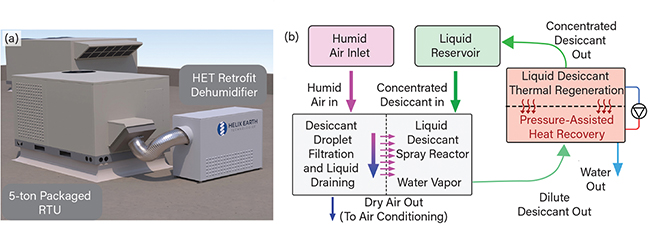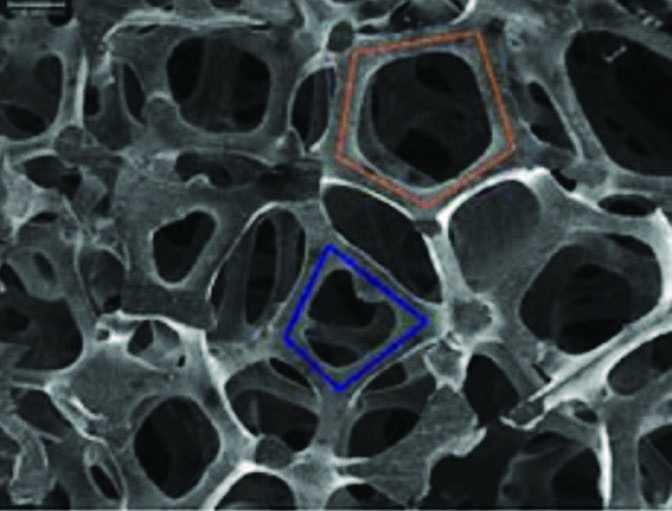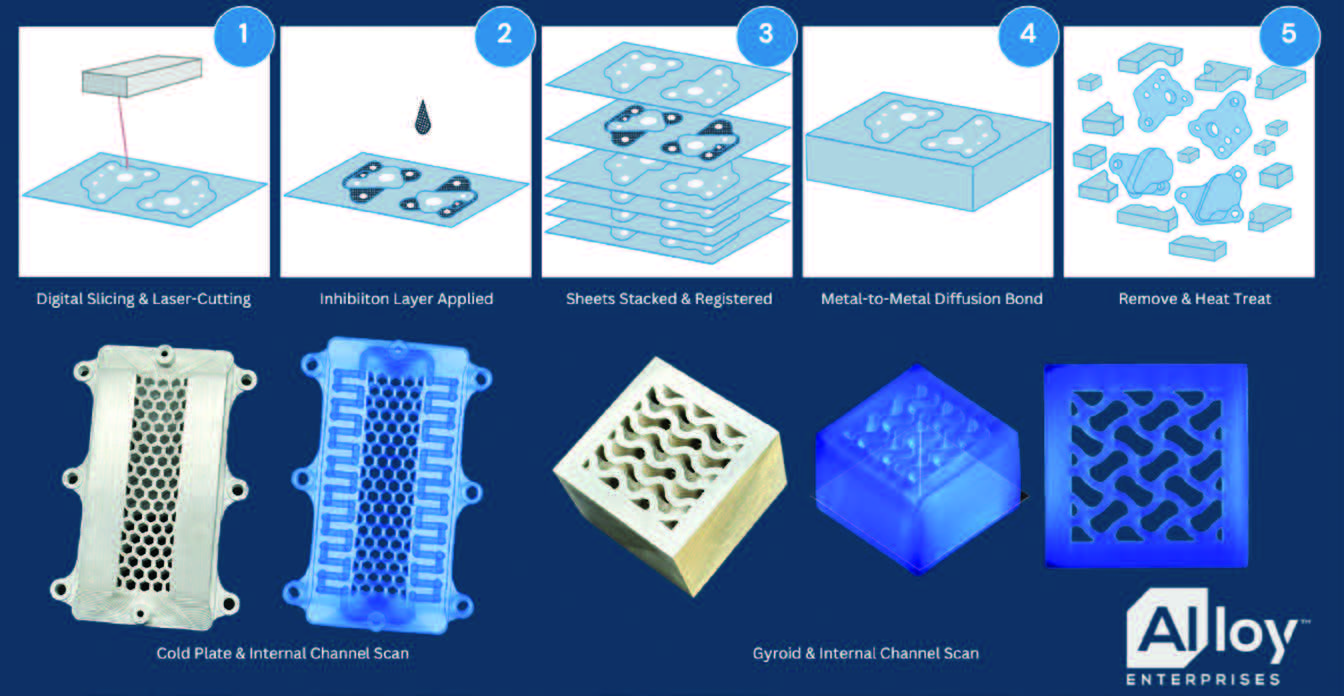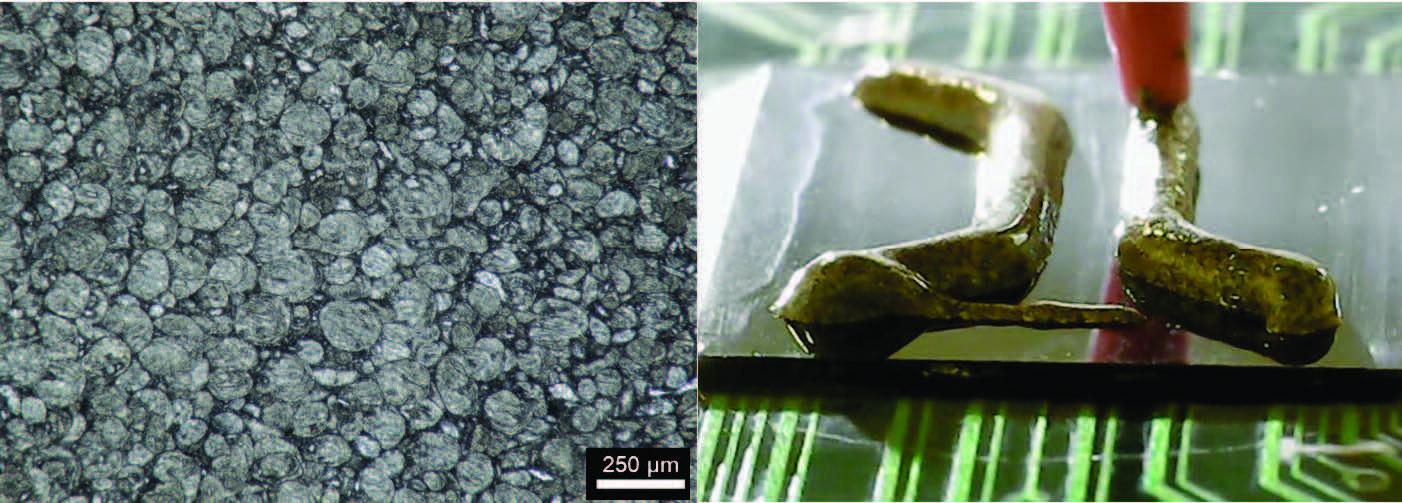NSF Funded Companies: In Partnership with CEP
These articles were written in partnership with the Chemical Engineering Progress about the work of some of our NSF funded companies.
Retrofit Dehumidifiers Enhance Air Conditioner Efficiency
The last ten years have been the ten warmest on record globally. Any plan to address climate change must directly reduce heating and cooling consumption, which typically accounts for half of a commercial or residential building’s energy usage. Recent data from the 48 largest electric utilities in the U.S. show that energy efficiency, with an average cost of just $24 per saved megawatt-hour, is 2–8 times more economical than conventional power generation.
Learn MoreNovel Aerogel-Based Insulation May Transform Building Efficiency
The last ten years have been the ten warmest on record globally. Any plan to address climate change must directly reduce heating and cooling consumption, which typically accounts for half of a commercial or residential building’s energy usage. Recent data from the 48 largest electric utilities in the U.S. show that energy efficiency, with an average cost of just $24 per saved megawatt-hour, is 2–8 times more economical than conventional power generation.
Learn MoreHigh-Carotenoid Orange Corn Promises Nutritional Enhancement
As agricultural practices have evolved to meet the world’s growing nutritional needs, innovations in plant breeding, genetics, and crop production have led to remarkable advances in productivity. But as yields have increased, the nutritional density of crops has often declined. Furthermore, recent studies indicate that the nutrient composition of many foods is being compromised by the rise in atmospheric CO2 levels. These shifts are associated with reductions in essential micronutrients and protein across a range of staple crops.
Learn MoreDigital Fabrication of Aluminum Components Redefines the Metal Manufacturing Industry
The demand for aluminum continues to rise in the e-mobility, heavy equipment, industrial product, and semiconductor sectors. This increase is attributed to electric vehicles and renewables, infrastructure investments, and consumers wanting eco-friendly options. Meanwhile, supply from U.S. foundries has declined significantly due to the high cost of tooling, labor shortages, and little to no capacity.
Learn MoreLiquid-Metal-Based Thermal Interface Materials Keep Microelectronics Cool
As engineers continue to pack more performance into smaller electronics, Moore’s law and its corollaries have led to a massive increase in the power density of modern devices. However, with great power comes great heat.
Learn More





